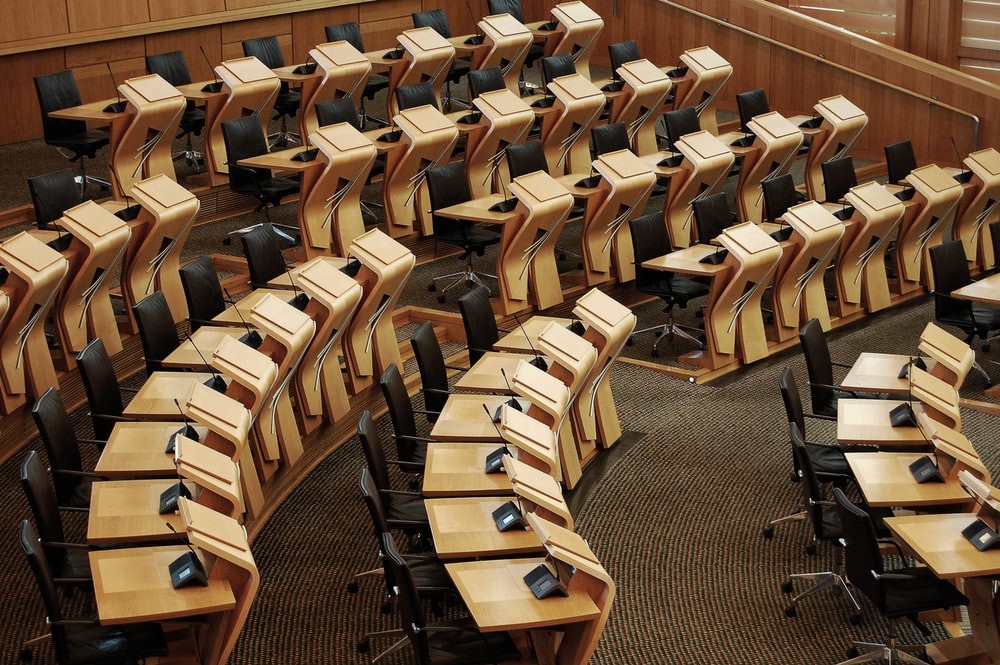WHAT IS IT?
Established in 1992, the Council of Australian Governments is the peak intergovernmental forum that works to manage matters of national significance or matters that need co-ordinated action by all Australian governments.
COAG addresses a wide range of policy issues with the priority of enhancing the wellbeing of Australians across the nation. The outcomes of meetings, which usually occur twice a year, are published in communiques, with formal agreements reached being enshrined in intergovernmental agreements.
COAG is chaired by the Prime Minister, and its membership is comprised of state and territory Premiers and Chief Ministers, as well as the President of the Australian Local Government Association (ALGA)., who represents the national voice of 537 local councils across the country
Importantly, COAG is also supported by ministerial-level Councils that develop policy reforms and other advice. These include:
- Federal Financial Relations Council
- Disability Reform Council
- Transport and Infrastructure Council
- Energy Council
- Industry and Skills Council
- Council of Attorneys-General
- Education Council
- Health Council
- Joint Council on Closing the Gap
WHAT ISSUES DOES IT TACKLE?
The role of COAG is to manage matters of national significance or that require coordinated action by all Australian governments.
It has had a history of driving significant reform. COAG led the country on a campaign of micro-economic reforms to national competition policy in the mid-1990s, which it believes prepared Australia for a number of future economic challenges.
More recently, COAG meetings have seen the increase of hospital funding, commitments to federation reform, measures targeting Indigenous economic participation, enhancement of counter-terrorism capabilities and compliance around the Murray-Darling Basin.
COAG’s 47th general meeting, which was held last Friday in Cairns, led to a nation-wide commitment to the establishment of a timetable to ban the export of waste plastic, paper, glass and tyres, while building Australia’s capacity to generate high value recycled commodities and associated demand.
Given the wide remit of COAG, it presents a broader opportunity for industry to interact with Australia’s political leaders in a framework that establishes agreements between the state and territory and federal levels.
HOW CAN INDUSTRY ENGAGE?
Stakeholders looking to engage with the COAG process will have to determine whether their issue or initiative is something that lies within both the federal and state jurisdictions, given that COAG serves as a way of aligning federal and state policy on key areas such as health and education.
Should this be the case, stakeholders may first want to reach out to the office of relevant federal minister of the portfolio to raise issues or deliver advice that will be valuable for the next COAG Council meeting.
This is because the relevant federal minister has the final say on what is included on a COAG Council’s agenda. For example, those stakeholders looking to have their policy proposal or issue debated by the COAG Health Council will need the final approval of the Hon Greg Hunt MP, who is the Federal Minister for Health.
However, to get the final approval of the federal minister, stakeholders will likely have to show why this is in the National Interest and also show a significant level of support from the relevant state ministers for their initiative or issue. This means a concerted engagement campaign with these state ministers prior to engaging with the federal minister is a recommended step.
Nexus has extensive experience in successfully guiding clients through the complex processes around COAG. Should you require these services please don’t hesitate to contact the Nexus team.
Latest posts by Nexus APAC (see all)
- United Kingdom General Election 2024: An Overview - April 15, 2024
- Australian Voters Go to the Polls - February 26, 2024
- Secretaries of Federal Departments – An Overview - February 1, 2024



